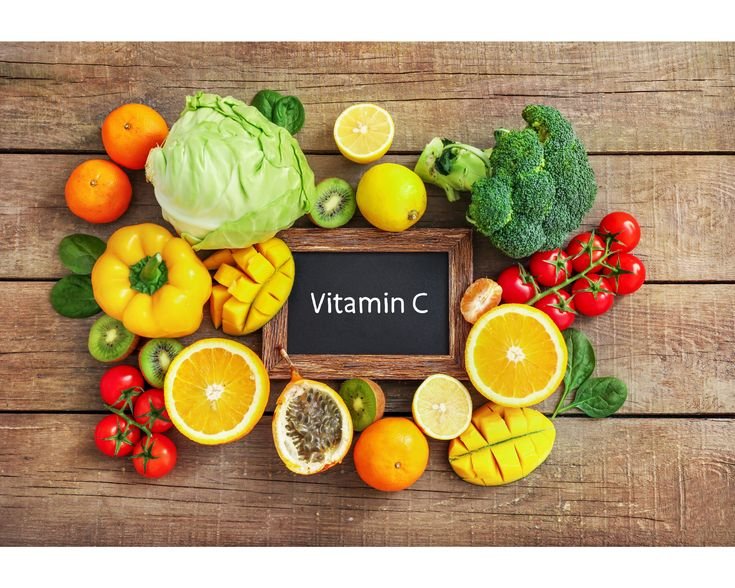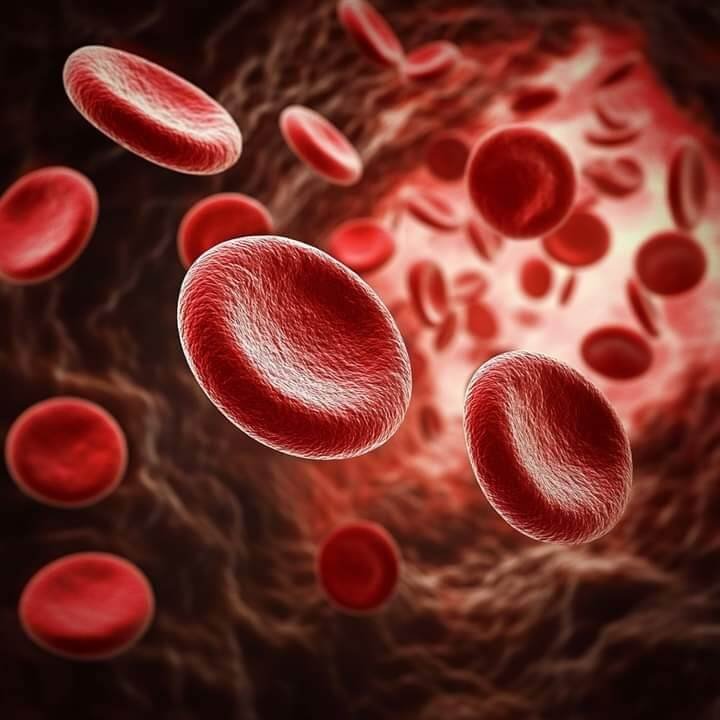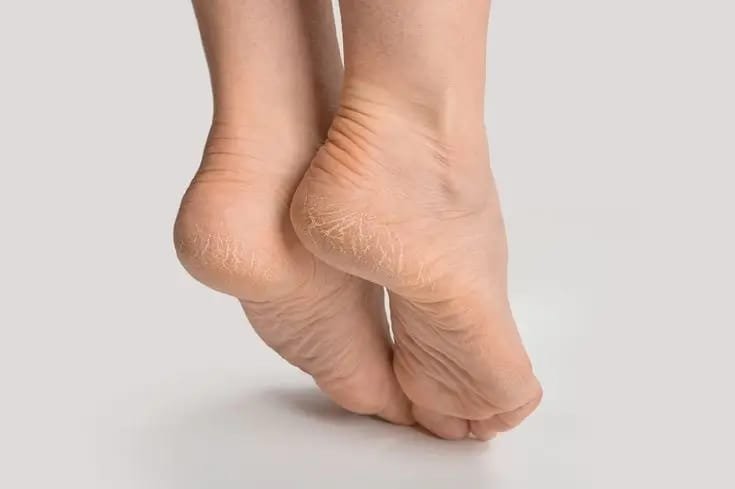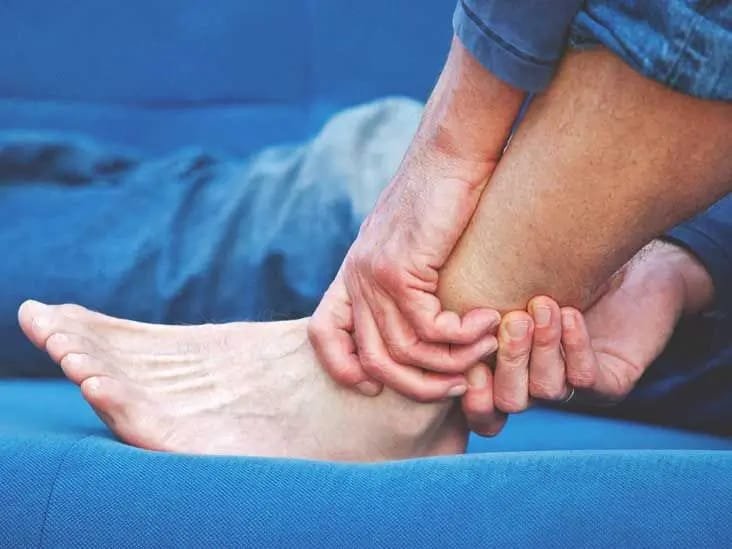To stay healthy, humans consume various nutrients, yet due to the deficiency of certain elements in the body, they often have to face illnesses. In recent times, a lack of haemoglobin is being observed in many people. Haemoglobin plays a vital role in transporting oxygen from the lungs to different parts of the body and in carrying carbon dioxide back from the body to the lungs for exhalation. Maintaining adequate levels of haemoglobin in the body is extremely important for energy and overall health. Due to its deficiency, symptoms like difficulty in breathing, weakness, and pale skin can be noticed. Therefore, timely attention and care are crucial to prevent complications arising from low haemoglobin levels.
Ways to increase haemoglobin
Maintaining an adequate level of haemoglobin in the body is highly beneficial, as it plays a key role in transporting oxygen to the organs and removing carbon dioxide from the body. To increase haemoglobin, it is essential to regularly consume iron-rich foods such as green leafy vegetables like spinach, Fenugreek, mustard greens, beetroot, pomegranate, apple, raisins, dates, jaggery, and millet. Additionally, to fulfil the requirement of vitamin C, consuming fruits like oranges, lemons, and avla (Indian gooseberry) is very beneficial for the body, as it helps maintain consistent haemoglobin levels. As per a doctor’s advice, iron and folic acid supplements should also be taken when necessary. Along with this, regular exercise and the consumption of clean drinking water also play an important role in maintaining healthy haemoglobin levels in the body.
Risks of Low Haemoglobin

A deficiency of haemoglobin greatly affects the human body and can lead to many problems. When haemoglobin levels are low, the organs do not receive enough oxygen, causing weakness, fatigue, dizziness, shortness of breath, and changes in skin colour. If this deficiency persists for a long time,it can result in anaemia, which puts significant strain on the heart and other body systems. Without timely treatment, the condition can become life‑threatening. Low haemoglobin also has a considerable impact on mental development.
Essential supplements for low haemoglobin levels
To overcome the deficiency of haemoglobin in the body, iron supplements should be taken. They help in the production of red blood cells, which assist in carrying oxygen to different parts of the body. This helps reduce issues like weakness and fatigue. Iron supplements are available in the form of tablets, capsules, or syrup. However, these supplements should always be taken under a doctor’s supervision, as consuming them in the wrong dosage may cause several problems such as constipation, stomach pain, or increased weakness in the body.
Consuming vitamin C supplements is extremely helpful in boosting the body’s immune system. It acts as a powerful antioxidant in the body, protecting cells from damage and helping fight common illnesses like colds and coughs. Vitamin C also helps maintain skin radiance, strengthens teeth and gums, and supports better absorption of iron. Therefore, taking it regularly can be highly beneficial for your overall health.
What are the causes of low haemoglobin?
Iron Deficiency
Iron deficiency leads to low haemoglobin levels in the body because iron is essential for overall health.
Folic acid and vitamin B12 deficiency
Both of these vitamins are essential for the production of new blood cells. Their deficiency can lead to anaemia.
Pregnancy
During pregnancy, the body’s need for nutrients increases, and if these needs are not met, it can lead to a deficiency in haemoglobin.
poor diet or malnutrition
Not consuming a diet rich in iron, protein, and vitamins can also lead to a deficiency in haemoglobin.
Heavy periods in women
In women, haemoglobin level decreases because of excessive bleeding during menstruation
Blood loss
If you have an injury or accident in which you lose a lot of blood, then your haemoglobin can also decrease. If you have an ulcer or piles, then also haemoglobin can decrease.
Kidney diseases
The kidneys produce a hormone called erythropoietin to your body which is used to make blood. If your kidneys are damaged, this hormone is released from the kidneys which leads to a decrease in haemoglobin.
Q.1 What is haemoglobin?
Ans. Haemoglobin is found in blood cells. Its main function is to deliver oxygen to the organs of the body and to bring carbon dioxide back to the lips.
Q.2 What causes a lack of haemoglobin?
Ans. 1. Iron Deficiency
2. Folic acid and vitamin B12 deficiency
3. excessive blood loss
4. Pregnancy
5. Malnutrition or poor diet
Q.3 What are the symptoms of low haemoglobin?
Ans. 1.feeling constantly tired
2. Breathlessness
3. pale or pale skin
4. Feeling cold in hands and feet
Q.4 How to increase haemoglobin?
Ans. 1. Eat Iron-Rich Foods
2. Take Vitamin C

3. Take Iron Supplements (Doctor Advised)
4. Exercise Regularly
5. Stay Hydrated
6. Include Folic Acid & Vitamin B12








